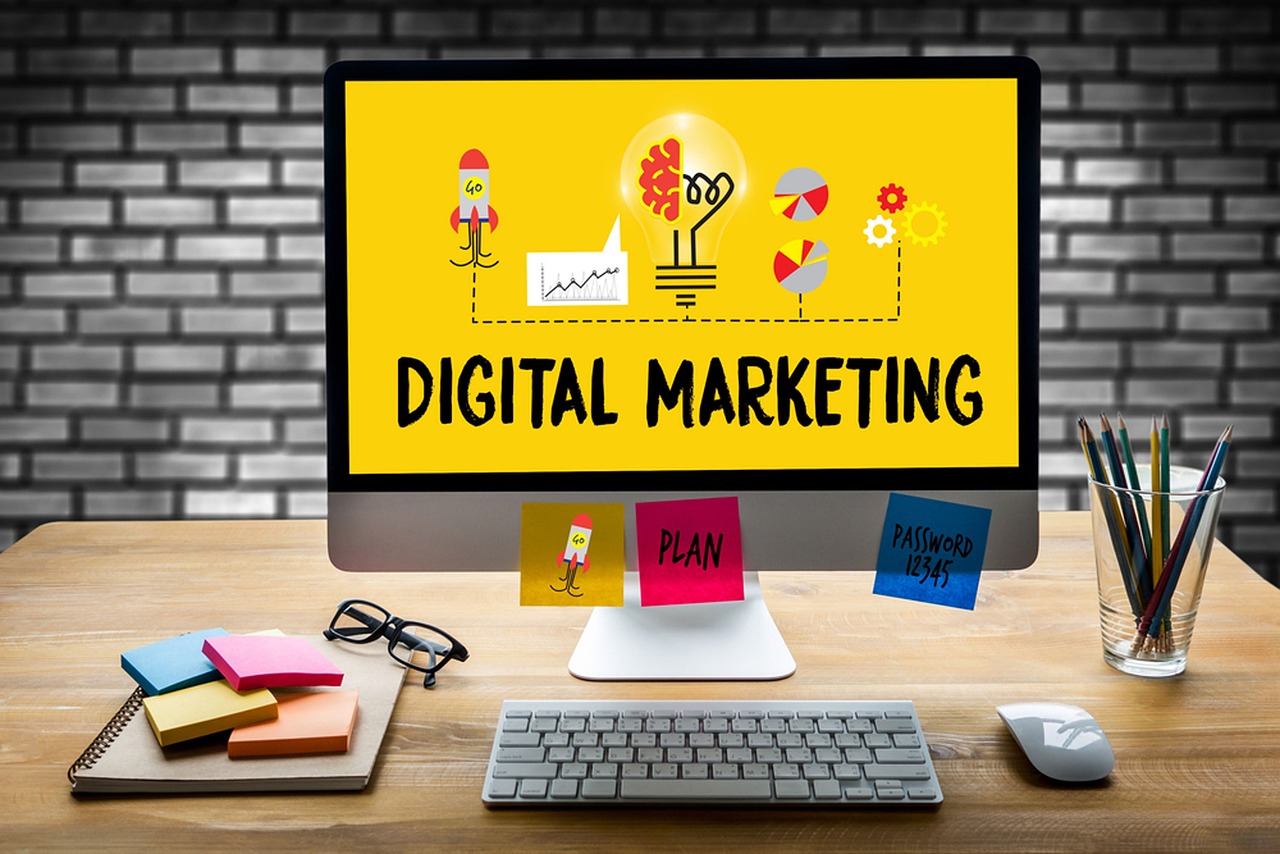
Areas of digital marketing
A digital marketing course is a comprehensive program that equips learners with the knowledge and skills required to excel in the rapidly growing field of digital marketing. The course is typically structured to cover various facets of digital marketing including Search Engine Optimization (SEO), Search Engine Marketing (SEM), Social Media Marketing (SMM), Email Marketing, Content Marketing, Affiliate Marketing, and more.
The curriculum of a digital marketing course includes practical activities and theoretical knowledge, aiming to create well-rounded digital marketers. Participants learn how to develop, implement, and manage marketing campaigns that promote a company or its products and services, enhancing brand awareness within the digital space, and driving website traffic and acquiring leads or customers.
Here are different specializations within digital marketing:
-
- Search Engine Optimization (SEO): SEO is the practice of increasing the quantity and quality of traffic to your website through organic search engine results. A good understanding of SEO can help marketers optimize websites to rank higher on search engines like Google, thereby driving more traffic.
-
- Search Engine Marketing (SEM): Search Engine Marketing, or SEM, is all about making websites more prominent on the result pages of search engines, usually by using paid advertising. A common tool many people use for this is Google Ads.
-
- Social media marketing (SMM): SMM is the practice of promoting a product or service through the use of social media sites like Facebook, Instagram, Twitter, LinkedIn, Pinterest, etc.
-
- Content Marketing: Content Marketing is all about carefully crafting, planning, and spreading meaningful and relevant content. It’s designed with a specific aim in mind – to engage and maintain the interest of a particular group of people and motivate them to eventually take profitable actions.
-
- Email Marketing: This is the practice of sending various types of content to a list of subscribers via email. The content can serve to generate website traffic, leads, or even product signups.
-
- Affiliate Marketing: In this specialization, you promote others’ products or services for a commission. Marketers need to be knowledgeable about strategies to optimize affiliate links, and different programs and affiliate networks.
-
- Mobile Marketing: As more users move towards mobile devices, marketers need to understand how to effectively reach customers on these platforms. Mobile marketing can include app-based, in-game, location-based, and SMS marketing.
-
- Digital Analytics: This involves the interpretation of in-depth data from various digital marketing channels. Marketers use this information to gauge the success of their campaigns, measure their marketing ROI and determine areas of improvement.
-
- Inbound Marketing: This is a business methodology that attracts customers by creating valuable content and experiences tailored to them. It involves content marketing, social media marketing, SEO, and branded podcasts.
-
- Video Marketing: With platforms like YouTube growing at a rapid pace, video marketing has become an important skill. It involves creating engaging video content that is effective in promoting a business or a product.
By understanding these areas and specializing in one or more, digital marketers can open up a world of opportunities in the ever-evolving digital space.
